Product Detail
Product NameMMP2 Antibody
Host SpeciesRabbit
ClonalityPolyclonal
IsotypeIgG
PurificationAffinity purification
ApplicationsWB,IHC,IF
Species ReactivityHuman,Mouse,Rat
SpecificityThe antibody detects endogenous level of total MMP2 protein.
Immunogen TypeRecombinant Protein
Immunogen DescRecombinant fusion protein of human MMP2 (NP_004521.1).
Target NameMMP2
ConjugateUnconjugated
Other NamesCLG4;CLG4A;MMP-2;MMP-II;MONA;TBE-1;MMP2
Accession NoUniprot:P08253
GeneID:4313
Uniprot
P08253
Gene ID
4313
Sdspage MW72KDa
Concentration1.0mg/ml
FormulationPBS with 0.02% sodium azide,50% glycerol,pH7.3.
StorageStore at -20˚C. Avoid freeze / thaw cycles.
Application Details
WB 1:500 - 1:2000
IHC 1:50 - 1:200
IF 1:50 - 1:200
Western blot analysis of extracts of various cell lines, using MMP2 antibody.
Western blot analysis of extracts of various cell lines, using MMP2 antibody.
Immunohistochemistry of paraffin-embedded human appendix using MMP2 antibody.
Immunofluorescence analysis of NIH/3T3 cells using MMP2 antibody.
Immunofluorescence analysis of PC-12 cells using MMP2 antibody.
This gene is a member of the matrix metalloproteinase (MMP) gene family, that are zinc-dependent enzymes capable of cleaving components of the extracellular matrix and molecules involved in signal transduction. The protein encoded by this gene is a gelatinase A, type IV collagenase, that contains three fibronectin type II repeats in its catalytic site that allow binding of denatured type IV and V collagen and elastin. Unlike most MMP family members, activation of this protein can occur on the cell membrane. This enzyme can be activated extracellularly by proteases, or, intracellulary by its S-glutathiolation with no requirement for proteolytical removal of the pro-domain. This protein is thought to be involved in multiple pathways including roles in the nervous system, endometrial menstrual breakdown, regulation of vascularization, and metastasis. Mutations in this gene have been associated with Winchester syndrome and Nodulosis-Arthropathy-Osteolysis (NAO) syndrome. Alternative splicing results in multiple transcript variants encoding different isoforms.
If you have published an article using product 33114, please notify us so that we can cite your literature.
et al,Long non-codIng RNA PVT1 promotes tumor progression by regulatIng the miR-143/HK2 axis In gallbladder cancer.In Mol Cancer on 2019 Mar 2 by Chen J, Yu Y, et al.. PMID: 30825877
, (2019),
PMID:
30825877
et al,A thiazole-derived oridonIn analogue exhibits antitumor activity by directly and allosterically InhibitIng STAT3. In J Biol Chem on 2019 Nov 15;by Shen X, Zhao L,et al..PMID:31594861
, (2019),
PMID:
31594861


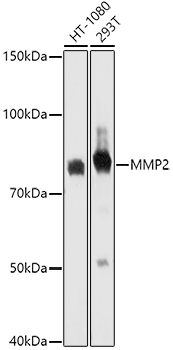
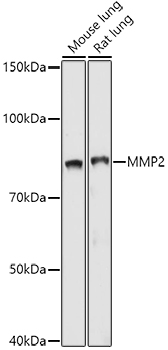
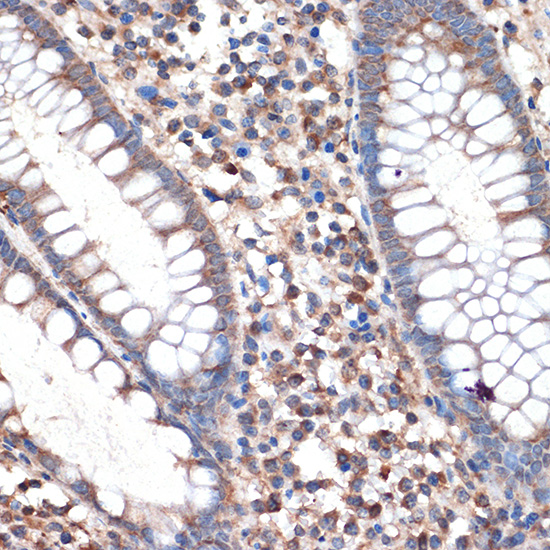
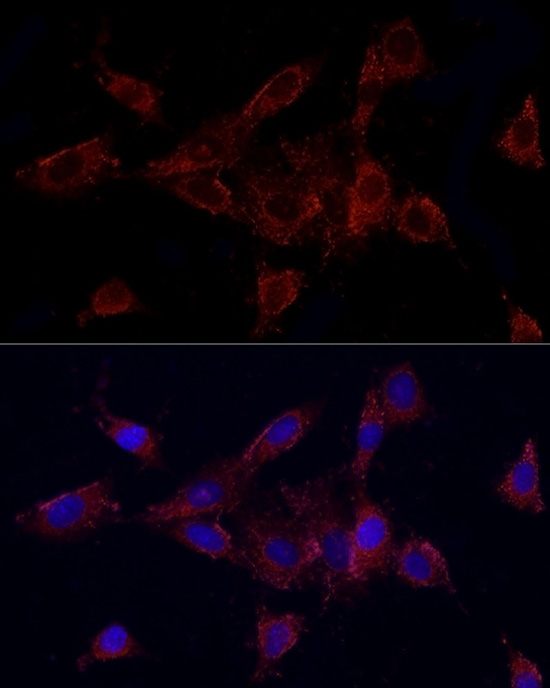
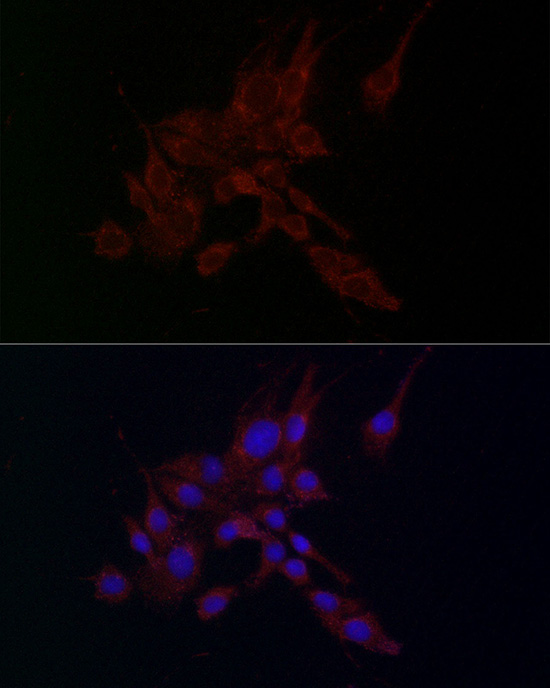
 Yes
Yes



